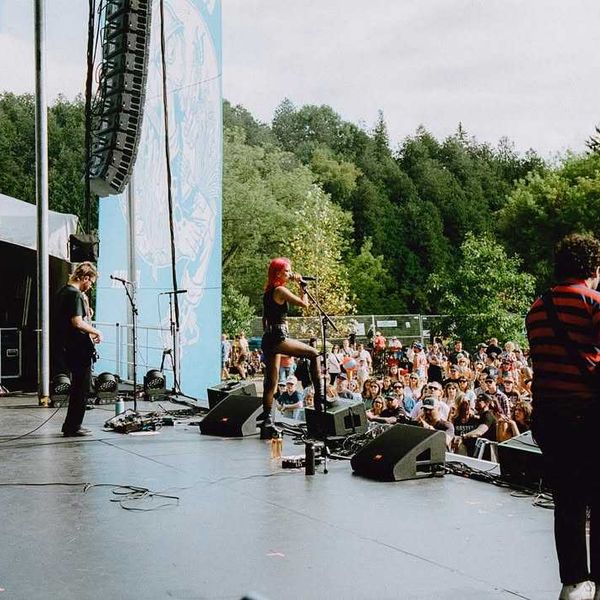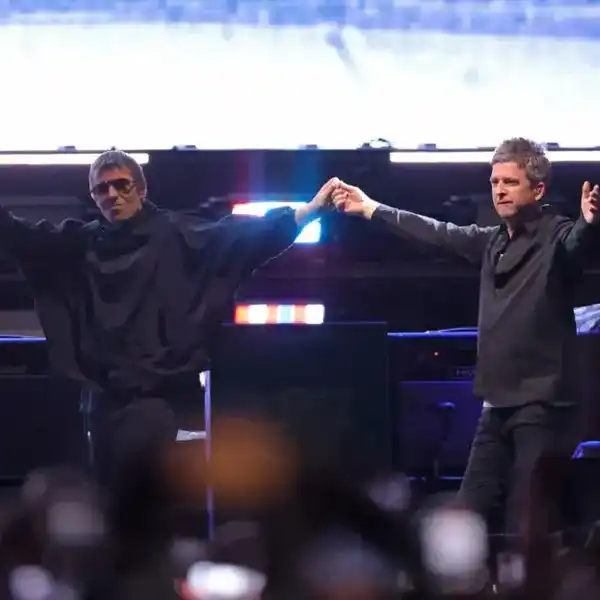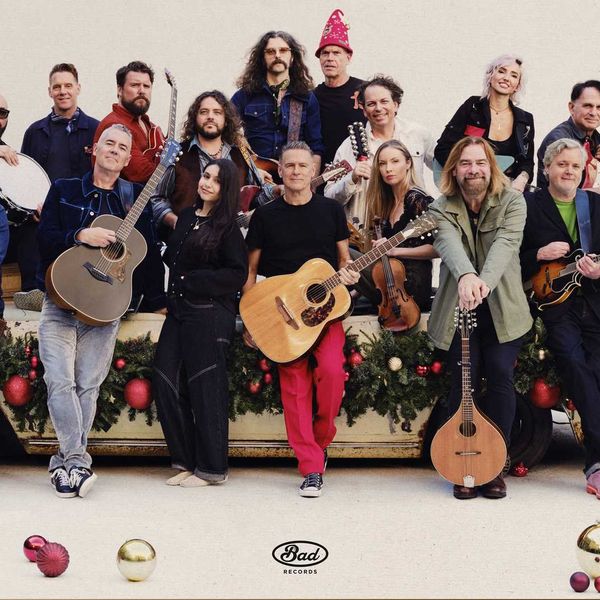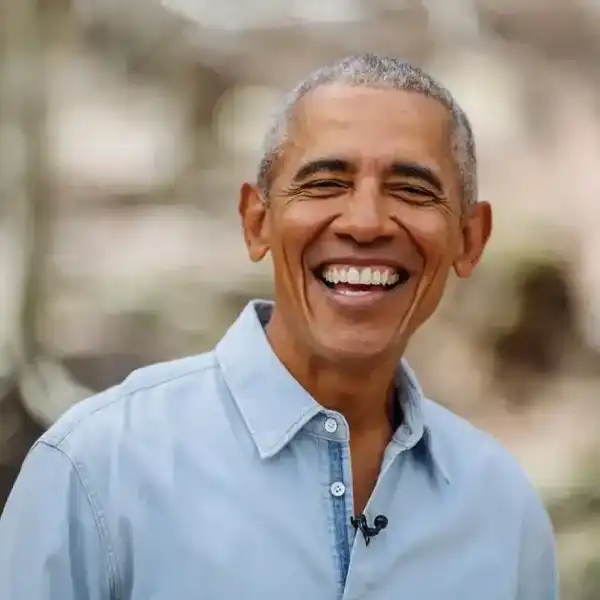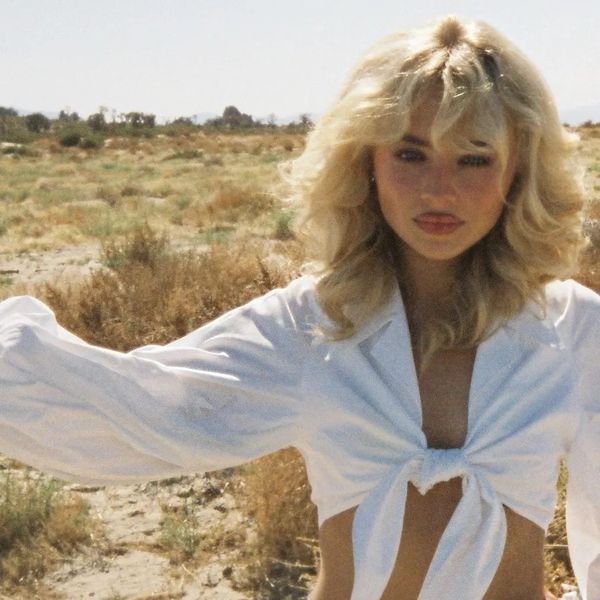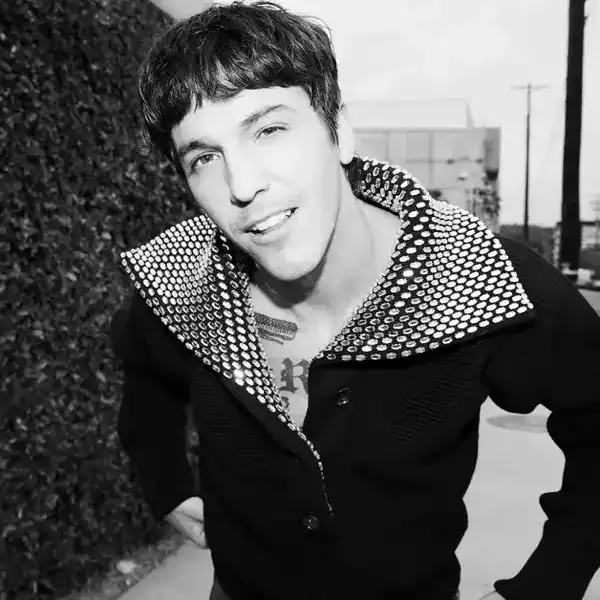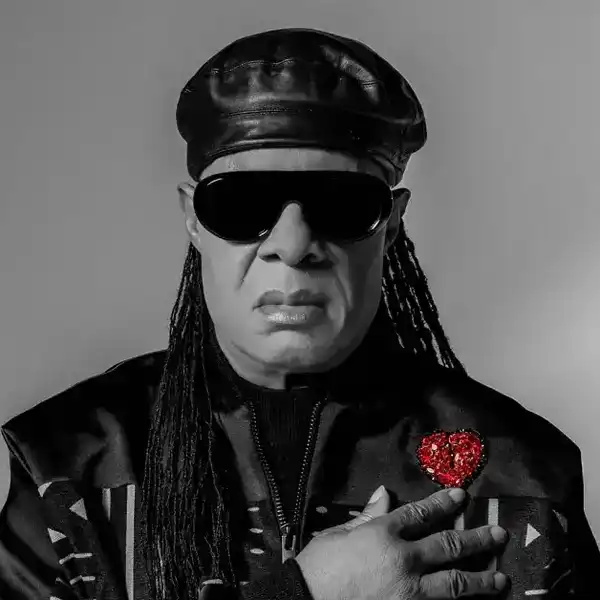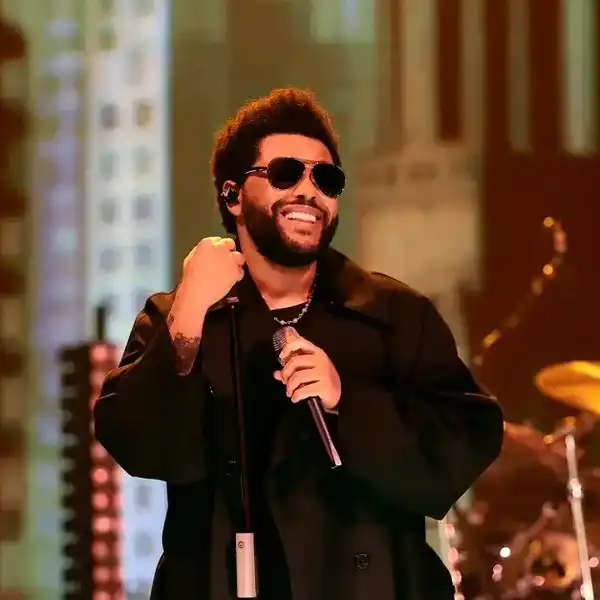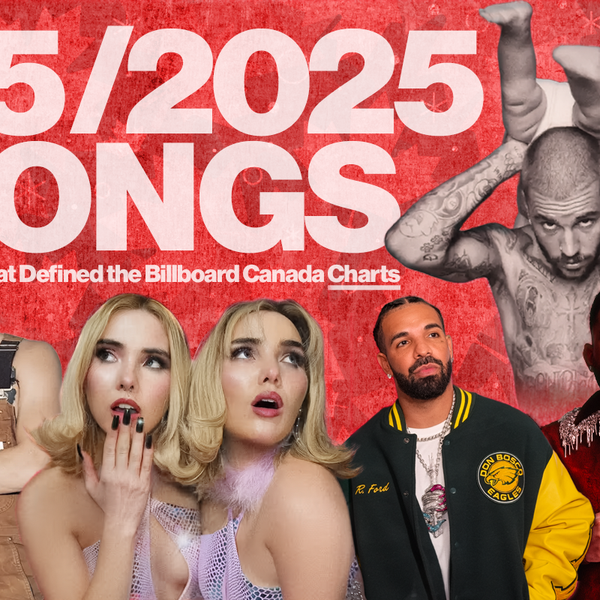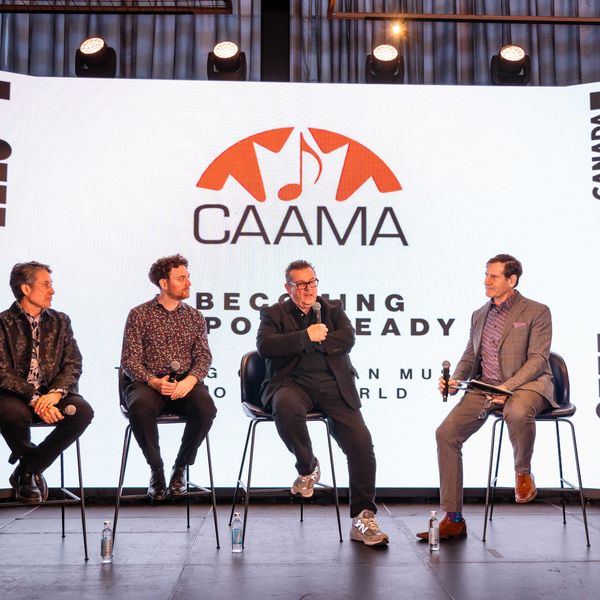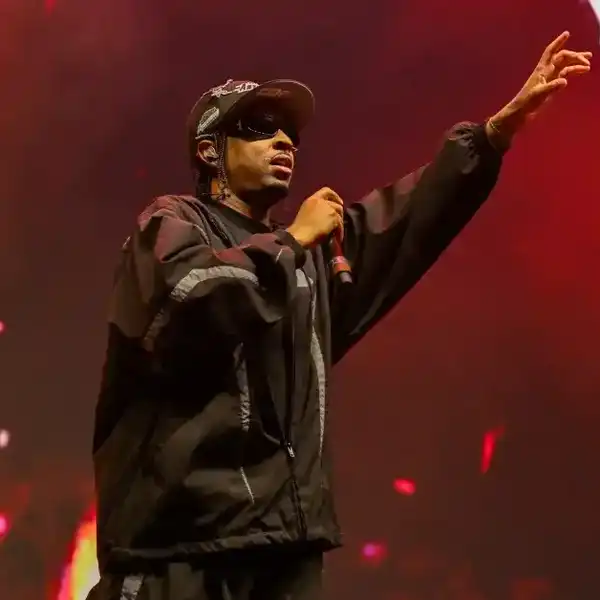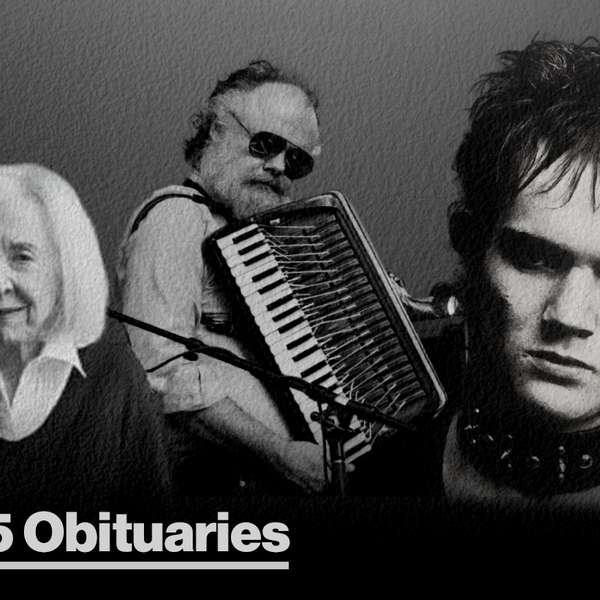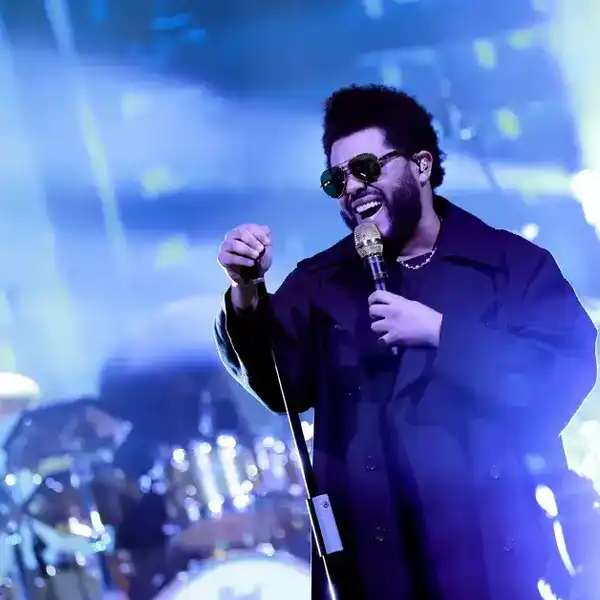Dave Charles Interviews Rogers Sports & Media VP, Paul Kaye
Paul Kaye, Rogers Sports & Media VP of Music Brands & In House Production is one of Radio’s rising star broadcasters doing great things to assure success for our industry. Dave Charles recently interviewed this talent and the ensuing conversation is enlightening.

By Dave Charles
Paul Kaye. Rogers Sports & Media VP of Music Brands & In-House Production is one of Radio’s rising star broadcasters doing great things to assure success for our industry.
I had a chance to interview Paul on many things. I know that you’ll really enjoy his comments.
I do interviews such as this to create a conversation. Paul and I would love your comments on his thoughts. By doing this we make our product stronger and more viable. Send your comments to Dave Charles (dcharles@mediaresults.ca)
DC: Give our FYI readers a bit of a career background on Paul Kaye.
I started out on the air in England at 16, working at one of the smallest radio stations in the country. The size of the station was probably a blessing as it allowed me the chance to get on the air long before I was ready; I was able to host shows, schedule music and read the news. I was - at best - a D-grade student. From there I went on to host some all-night shows for another company moving up the schedule and into an afternoon show. During that time, I also had a chance to produce a morning show that we took from worst to first in less than 9 months - that was some of the most fun I had up until that point. That experience gave me the bug for working with others and contributing to a team’s success. My next move was to join Capital Radio Group where I was on air but also the assistant programmer for one of their stations. One night while hosting a show I remember thinking I would never be as good as I wanted to be on air and should jump into programming full-time. So, I did. I took over as PD for GWR-FM at the age of 21 and while we had some ratings wins, looking back I was out of my depth when it came to leadership.
I needed a lot of help setting the vision and managing the people. I was fortunate that my bosses gave me that support when I suspect it would have been easier to move on from me. I went on to program Red Dragon-FM in Wales and then to the legendary BRMB-FM and then a region of stations across the Midlands. In 2012 I moved to Canada to be the Operations Manager for Newcap Radio in Calgary; I had no idea where Calgary was or how cold it got when I said yes to moving. Then I joined Newcap’s corporate programming team as the company’s first National Talent Development Director. From Calgary, I went further west to Vancouver to run the Newcap cluster there. I joined Rogers in 2016 and it’s been a fun ride, first programming KiSS 92.5 and the CHR stations and working as National Talent Coach, then I was upped to VP/Programming and in 2020 I got involved in TV as well and have been looking after our in-house productions team who are responsible for Breakfast Television and Cityline. Now, the role has grown into leading the Audio businesses strategy and P&L.
DC: Can you give us your comments on U.K. radio vs Canadian radio? Positives, and differences that set U.K. and Canadian radio experiences apart?
It’s amazing to think that I have almost worked as long in Canadian radio as I did in UK radio. I still fondly follow the UK industry and am delighted to see it flourishing.
The UK operates in a very different environment from Canada. Geographically everything is closer together and in the same time zone which makes things easier. The UK has a large population with each region having its own identity but there has always been a greater British identity which has allowed for national content to be very well received. Over the last decade or so, following some rounds of consolidation, you’ve seen the commercial industry focus on building national brands that resonate across the country vs the old model of many radio stations focused on their immediate locality. This has seen a downsizing in on-air opportunities which is of course sad from a human point of view, but the quality of the national brands is second to none. This has helped commercial radio compete better against the BBC which has always provided best-in-class products through stations like Radio 1 and Radio 2. It has meant less geographically local content, but the national products they create still resonate well with local audiences. The investment in bigger brands has allowed for a higher calibre of personality in each daypart, singular marketing & promotional campaigns, live event strategies and more. Those brands are now resourced to compete on an entirely different level. The UK industry has become less regulated over the years which has allowed this to happen; fewer regulations to compete in current-day realities is something we could benefit from in Canada.
There are some other things that are different about the UK. The listening is predominantly digital (good luck finding an analog radio in a store) and DAB has allowed for many more stations to appear which has created opportunities for brand extensions e.g., Heart 80s, Absolute 70s and Magic Christmas to name a few. It has also allowed for the experimentation of formats and more variety in the programming that is offered to audiences. Two examples that come to mind are Fix Radio a radio format targeting construction workers and BOOM Radio a radio station run by baby boomers for baby boomers. The UK (and Europe) seems to lead North America in experimentation, and I’m excited by Bauer Media’s expansion into their premium subscription offering allowing people ad-free versions of their favourite stations and additional content.
From a product attribute point of view, the UK has always had a greater emphasis on personalities than radio in North America has appeared to. We have always had a rich history of characters on the stations in as many dayparts as possible. Reeling off a list of star talent isn’t difficult; Kenny Everett, Sara Cox, Chris Tarrant, Simon Mayo, Zoe Ball, Jo Wiley, Steve Wright, Terry Wogan, Chris Evans, Chris Moyles, Ken Bruce, Emma B (who remains one of my favourite music personalities, I always tune into Magic for Emma B), Scott Mills, Greg James, Roman Kemp… I could go on and on. The UK has relied less on music format differentiation (although that exists, and they do the science well) and more on personalities to build connections between the brand and the audience. Most importantly, UK radio has emphasized talent across a schedule rather than consolidating it all into mornings. Sure, the talent may serve a different need at different times of the day, but the UK has always believed in being personality forward. Likely why, just like Australia, they are seeing growth in listening.
Canadian radio however has an edge over the UK in a few areas. I always felt that Canadian radio was more creative when it came to ideas, especially in the promotional and marketing space. Radio stations here understood how to create noise and take some risks whether that was launching the short-lived QuickHitz in Calgary (I still believe consumers would embrace that format), to flipping format by playing Rage Against the Machine over and over. This type of creative ambition doesn’t appear as much in the UK. Canadian Radio also holds its own for personalities too (albeit we tend to focus that on mornings) but I’m immensely proud of all the talent that works for Rogers. I think it’s amazing as well how in Canada we have such strong local News/Talk and Sports formats which you don’t see in the same way back in the UK.
BTW I should have also mentioned Greg Burns on that list of good British talent. Greg is currently hosting a show for our KiSS stations each Saturday. What an outstanding music personality he is; he has a unique way of making the music he’s playing feel special. A skill that many on-air personalities either overlook or haven’t quite mastered.
DC: In your view, what are music radio’s biggest challenges now?
There are some macro-challenges we’re facing as an industry including changing consumer behaviour which was happening before Covid but has certainly been sped up since. The number of content people may choose from these days, and the ease of access to it continues to disrupt our industry and continues to accelerate consumer behaviour changes. The choice is our biggest disrupter, as a mass medium trying to build the biggest coalition of audience we can, we are being attacked by offerings that allow for greater personalization. This is compounded by the sheer number of linear radio licenses we have competing in each market as we (the industry) have opted for a sea of sameness with most formats and stations having little to distinguish them which hurts us in exciting the current audiences we have. If we’re not exciting audiences with distinguishable ideas, we keep making it easy to be disrupted by others. Today, music is ubiquitous and is hard for music radio to claim, that’s not to say it isn’t important but we’re not owning music discovery in the way we once did so we’re going to need to rethink the model for music radio here in Canada.
As consumer behaviour changes so will advertiser behaviour and radio is already fighting some perceptions around attribution compared with other mediums; we’re perceived to have more wastage. We need to change those beliefs and re-educate some marketers on the powerful benefits radio offers. We’ve had very little true innovation in the selling space, and I think that is a challenge for us to overcome too. Also, as an advertising-based business, we have a singular source of revenue and when events like a pandemic or a recession hit people and businesses financially, we usually bare the brunt of that.
Ultimately, I’d say the fact we’re still playing by the same (or similar) playbook in how we create content and monetize it, and without some innovation then we’re likely to not turn our challenges into opportunities. It’s high on my agenda. What’s the saying, Innovate or Die? Seems apt.
Oh, I think some of the regulations we’re still governed by are hurting the industry. I’m optimistic that the forthcoming Radio Review will address some of this.
DC: How do we attract new talent into radio when social media and other pure formats are dominating TSL?
Radio has significant reach. I’ve not (yet) met anyone creating content that didn’t see some benefit in having access to platforms that provide them more reach. There are some content creators that are finding sizeable audiences on social and digital platforms and already have a mass appeal that wouldn’t need to seek our Radio (or TV) to grow their brands, however, most creators want to have broad appeal and would welcome taking their brand to other platforms like radio. We shouldn’t let our own inferiority complex stand in the way of exploring the potential of digital content creators. As a reminder Audio is booming, with Canadians listening to more audio. I think that’s encouraging for storytellers and those working in audio. Unfortunately, as technology has advanced it has improved and disrupted the audio space. While Canadians spend more time with audio, they’re not spending as much with Radio. However, Radio remains the biggest piece of the audio ecosystem and we shouldn’t lose sight of that. All that to say, why wouldn’t you want to be part of the booming audio landscape and on the biggest audio platform?
Our challenge (and opportunity?) is to make sure we’re showcasing what a great medium radio can be for talent to flex their creativity, embrace their uniqueness and experiment. One area we have lacked is in favouring interesting, unique, off-centre, different, unusual characters on the air. We’ve been playing it safe looking for good voices, moderate levels of creativity (because of the fear of what high levels of creativity may mean), and sound-alike styles. As an industry, with many stations in each market (to the point of saturation) there is a distinct lack of truly compelling talent around the schedules. That’s not to knock the talent that we do have, but even they must admit, they’ve probably got more to offer if they were just given a chance. We’re never going to attract anyone new to our industry if we don’t prioritize finding characters and interesting personalities. The day of the jock is dead.
DC: Can you give us some insights into post-Covid strategies for Rogers in terms of engaging listeners and appealing to those who now prefer to work virtually and not in the office anymore? Rogers specializes in ‘at work listening’ strategies. Will that now change?
Life was certainly easier when people’s routines were more predictable, and you could build brands that provided companionship during those predictable work shifts. We had seen more flexibility in the style of working routines of yesterday and had, pre-Covid, hypothesized that the future of work would be less rigid for some people and had already been experimenting with different tactics to help us prepare for that. Covid certainly sped things up. It’s certainly more difficult to target a purely “at work” audience when they aren’t “at work” every day. These radio stations have pivoted to thinking of work as not somewhere you go but something you do, and therefore there has been a dialing up of the number of product elements that are more tune-in in nature. For some of our brands that includes more personality-based content throughout the day or benchmarks that become appointments to listen' for other brands it has meant more foreground contesting, for others it meant more personalities and so on. We had already shifted the marketing of our “at work” focused brands away from purely talking about the concept of work, not least because who likes being reminded, they must work but also because our brands have always offered so much more to their audiences. We choose to market what makes the brands most distinctive, and emotionally relevant to their audiences. We are confident that the brands we have will be just as relevant for people in their new working routines as they were before, it will just take a little more creativity to evolve our tactics. I think we’re all feeling energized by this.
DC: What advice would you give on-air radio performers working in the complex media world of over-choice here in 2022?
The word authenticity is thrown around a lot these days. I worry it has lost some of its importance as a result. If you’re on the air in 2022 you best be self-aware and use that self-awareness to clearly articulate who you are, why you’re different and what you want to say. As mentioned before the day of the jock is dead. There is no longevity for those who simply sound good, announce the songs, sell the station, and keep things moving. We need characters, not jocks. We need believable, likeable characters that through their uniqueness leap through the speaker and compel us to listen. If you’re playing it safe, you’ll get left behind. You need to build a brand that separates you from everyone else. You need to build a fan base, not an audience. Think of the power (the good type of power) that Taylor Swift has because of her dedicated fans. It’s all about building that level of passion albeit on a different scale. What will you do to ensure you are so unmistakably on the radio and on every other platform where you can engage and delight your fanbase? It takes dedication, hard work and a new playbook. Only a few will do it because it’s hard. But they will be successful. Be a character, not a jock. And work for a programmer and company that believes in talent and is invested in your success. The support system around you is essential to ensuring you become your best.
Q: What is your one wish for radio in 2023?
Someone is bold enough to try something new. You can never succeed if you’re too scared to fail, right? Wouldn’t it be great if every radio company tried something new next year? That would be an exciting time for our industry.
If I had a second wish. Let’s double down on personalities. Not just voices on the radio but engaging characters that elevate our brands. Radio will be instantly better for it.


